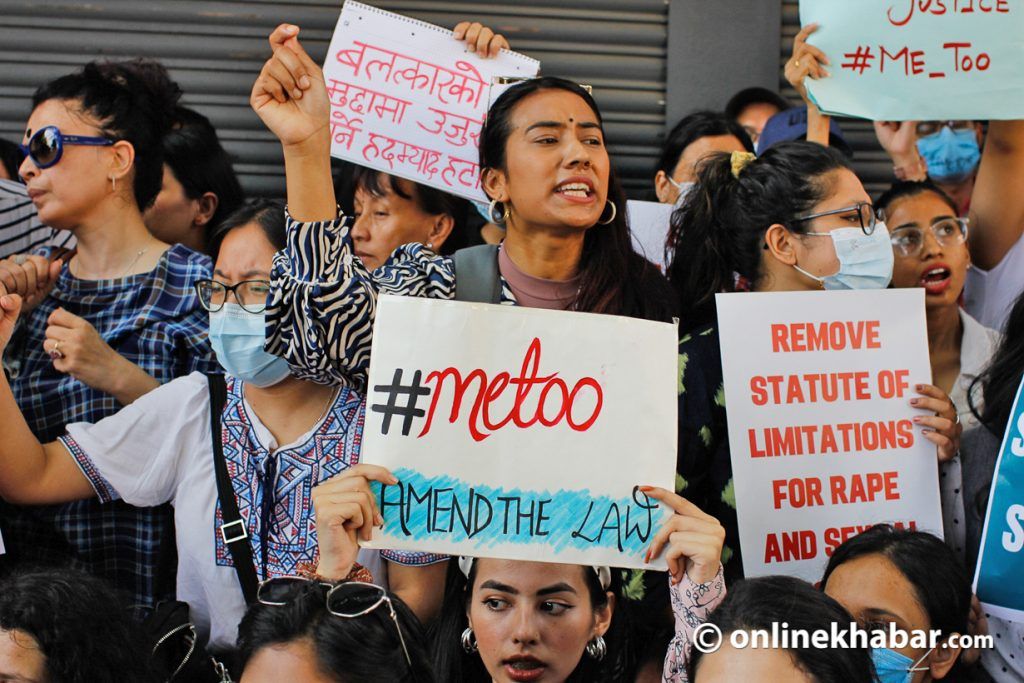In November 1988, a 17-year-old girl named Junko Furuta was abducted by four young men in Misato, Japan. She was raped, tortured, and murdered in a brutal crime that is still incredibly disturbing. Despite their horrific crime, the four men were able to walk free with relatively light prison sentences. It is a sad story that has led to changes in Japanese juvenile law.
What happened to Junko Furuta?
Junko Furuta was a high school student in Japan who was kidnapped, assaulted, and tortured by four teen boys. Her murder was one of the most horrific and shocking crimes involving juvenile criminals in the country's history.
Her abductors raped her more than 400 times and forced foreign objects into her vagina and anus. These acts caused severe tearing and bleeding.


She was kept naked most of the time and was rapped by her captors, as well as other boys and men who were invited to rape her. She was also deprived of food, water, and medicine and was physically abused.
In an effort to prevent her parents from contacting the police, Junko called her parents several times and told them that she was safe and staying with friends. However, she was still held captive for 44 days.
Why did she die?
In 1988, Junko Furuta (17) led a normal life: she went to Saitama Yashio-Minami High School, worked part-time to save up money for college, and stayed out of trouble. But her life was changed forever when she was abducted by four teenage boys.
They held her captive and raped her over 400 times. Their cruelty was so inhumane that it shocked the country.


Throughout the 44 days of her captivity, she suffered a wide range of inhumane abuses that left her completely broken. Her body was bruised and battered, her bones crushed, and she was severely dehydrated.
In the midst of all her pain, Junko tried to call for help. But before she could say anything, her captors found her. She was beaten, her feet were doused with lighter fluid, and she was set on fire. They kept her in this horrific ordeal until she died on November 22, 1989. The details of this brutal murder shocked the nation and raised questions about how juvenile laws work in Japan.
What can we learn from her story?
Junko Furuta led a relatively normal life: she worked a part-time job to save up money for college and attended a school she loved. She stayed out of trouble, maintained excellent grades, and was generally happy.
On November 25, 1988, Junko was riding her bike when a random boy passed by her. He saw that she was alone, so he approached her.


He tried to help her up, but she fell. Miyano then kidnaps her, along with three of his friends.
The four boys raped her an estimated 400 times over the course of 44 days. They also threatened to kill her family if she ever attempted to escape.
Eventually, they were caught and sent to prison for their crimes. But they received lenient sentences due to their age at the time.
How can we help?
It’s easy to feel powerless as COVID-19 rampages our nation one state at a time, but you can take a stand on the front porch or in your own backyard. The key is to make the most of your limited amount of time, attention, and oomph. For the most part, you’ll want to keep it simple. You can start by identifying and connecting with the people that matter most to you. Next, be sure to do a little research in the form of a few well-timed Google or Bing searches.


Secret identities are an essential part of many fictional superhero stories and for good reason. Having a secret identity allows superheroes to separate their personal lives from their heroic ones and helps them maintain a sense of normalcy. It also provides a layer of protection for their loved ones, as villains may seek to harm or exploit them in order to get to the hero. As a fan of superhero stories, if you are interested in exploring the importance of secret identities in fictional superhero narratives read "Why Secret Identity is important?"Additionally, a secret identity can prevent a hero from becoming too egotistical or letting their power go to their head, as they must balance their dual identities and keep their heroic deeds hidden. Overall, having a secret identity adds depth and complexity to a superhero character, making them more relatable and compelling to audiences.
Written by VeniVidiVideo
Comments
This post currently has no responses.